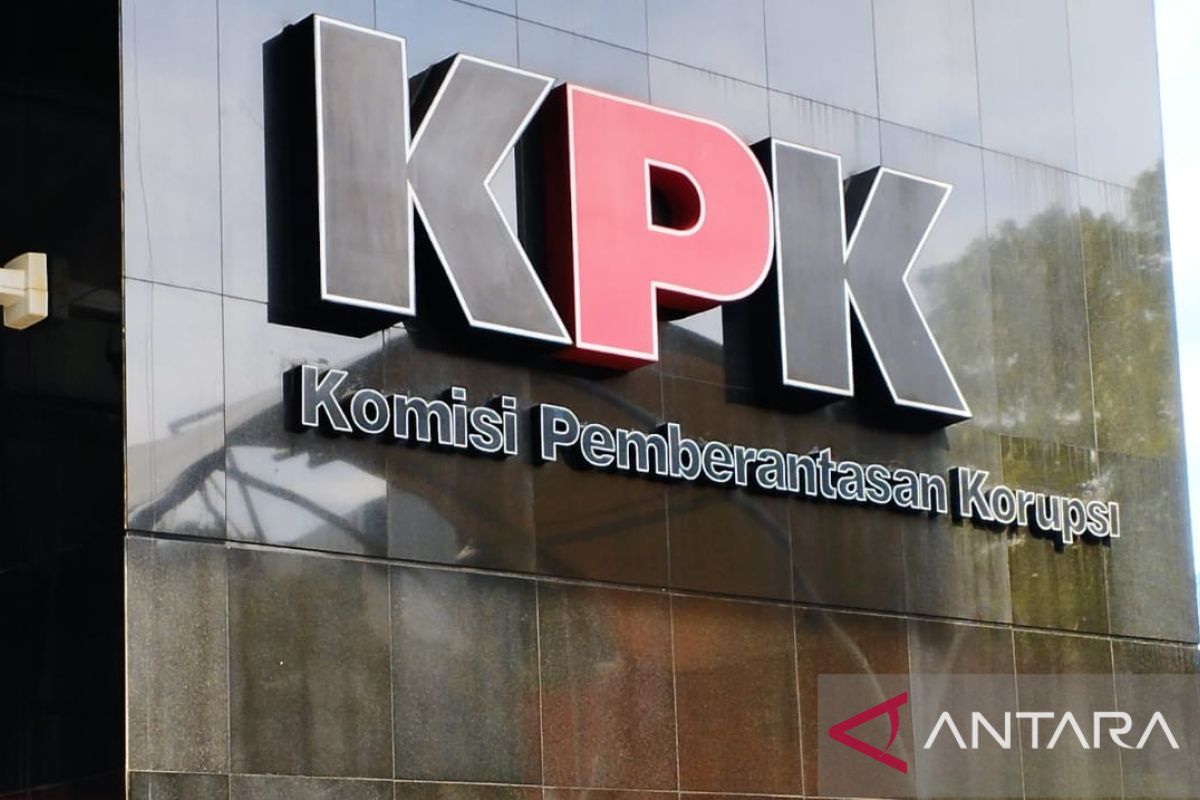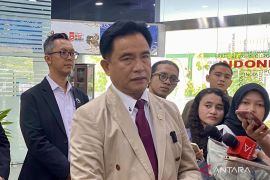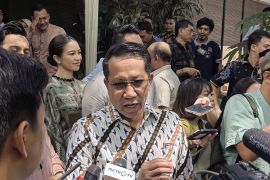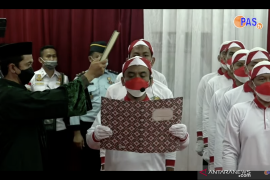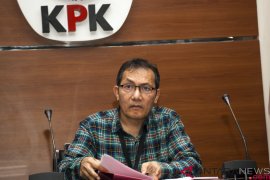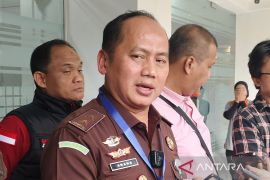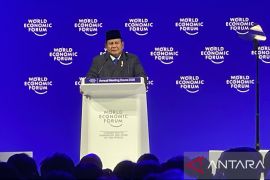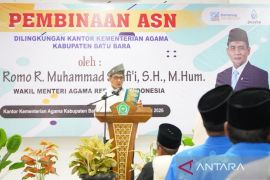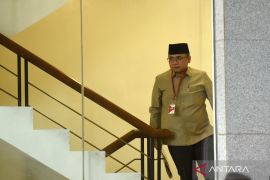"In this series of law enforcement, there should be no special treatment that will instead damage the spirit of law enforcement against criminal acts of corruption," Head of KPK’s News Section Ali Fikri said here on Wednesday.
He made the statement in response to news reports that 23 corrupt convicts have been paroled by the Directorate General of Corrections of the Law and Human Rights Ministry.
According to Fikri, coaching the perpetrators of corruption after the court's decision is the authority and policy of the Law and Human Rights Ministry.
"Nevertheless, corruption in Indonesia, which has been classified as an extraordinary crime, should also be handled in extra(ordinary) ways," he said.
"This law enforcement is also intended to have a deterrent effect on perpetrators, so they don't do it again later on. It is also a lesson for the public not to commit similar crimes," Fikri remarked.
He explained that the KPK, which has the authority to investigate and prosecute corruption crimes, follows a policy of deterring corrupt practices.
"Both through the main punishment of imprisonment for the body or additional punishment, such as revocation of political rights or seizing assets to recover state losses," Fikri said.
The commission informed that until August 2022, it has collected as much as Rp303.89 billion from handling corruption crimes through asset recovery.
"The asset recovery comes from fines, replacement money, loot, determination of the status of the use of corruption decisions," he informed.
Therefore, to pursue asset recovery as part of law enforcement against corruption, the commission has also continued to push for the ratification of the Asset Confiscation Bill.
"Eradication of corruption is not only to have a deterrent effect on the perpetrators, but also to contribute revenue to the state treasury as one of the (sources of) financing for national development," he said.
The 23 convicts who have been granted parole include Ratu Atut Chosiyah, Desi Aryani, Pinangki Sirna Malasari, and Mirawati.
They further include Syahrul Raja Sampurnajaya, Setyabudi Tejocahyono, Sugiharto, Andri Tristianto Sutrisna, Budi Susanto, Danis Hatmaji, Patrialis Akbar, Edy Nasution, Irvan Rivano Muchtar, and Ojang Sohandi.
They also comprise Tubagus Cepy Septhiady, Zumi Zola Zulkifli, Andi Taufan Tiro, Arif Budiraharja, Supendi, Suryadharma Ali, Tubagus Chaeri Wardana Chasan, Anang Sugiana Sudihardjo, and Amir Mirza Hutagalung.
"Convicts of criminal acts of corruption whose parole decrees have been issued will be immediately issued on September 6, 2022," coordinator of public relations and protocol at the Directorate General of Corrections of the Law and Human Rights Ministry, Rika Aprianti, said in a written statement received here on Wednesday.
Related news: Forum issues recommendations to boost regional cooperation on graft
Related news: KPK recommends Education Ministry to streamline student admission
Related news: Corrupt bureaucracy hinders performance of public services: Mahfud
Translator: Benardy F, Mecca Yumna
Editor: Sri Haryati
Copyright © ANTARA 2022
